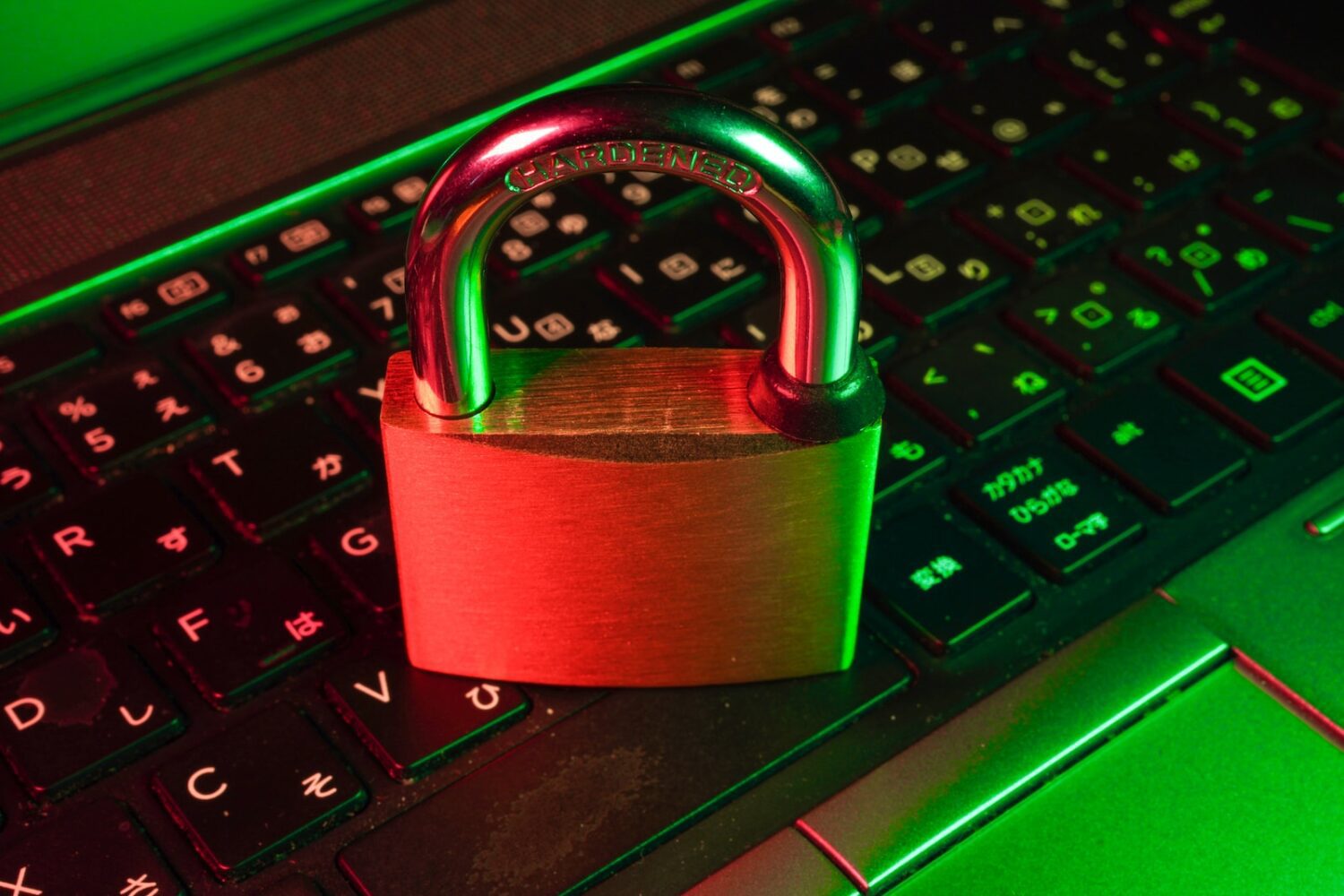In an increasingly connected world, identity theft has become a rampant issue. Safeguarding personal information is crucial to avoid falling prey to this digital menace. Here are ten basic tips, backed by expert advice, to help you maintain the security of your identity on the internet.
1. Use Strong, Unique Passwords
Passwords are your first line of defense against unauthorized access. According to Norton, a leading cybersecurity software provider, using strong, unique passwords for each online account is paramount. A strong password usually contains a combination of letters, numbers, and special characters. Avoid using personal information like birth dates or names that can be easily guessed.
2. Enable Two-Factor Authentication
Two-factor authentication (2FA) adds an extra layer of security to your online accounts. As per Google’s Safety Center, 2FA significantly reduces the chances of hackers gaining access to your personal information. Even if they crack your password, they would need the second factor – typically a text message or email verification code – to access your account.
3. Be Wary of Phishing Scams
Phishing scams trick individuals into providing sensitive information by impersonating legitimate organizations. The FBI’s Internet Crime Complaint Center warns that these scams often come in the form of emails or text messages. Always verify the source before clicking on any links or providing personal information.
4. Keep Your Software Updated
Regularly updating your software is crucial for online security. According to Microsoft, software updates often include patches for security vulnerabilities that hackers could exploit. Keeping your devices updated ensures you have the latest security enhancements.
5. Use a Secure Network
Public Wi-Fi networks are often unsecured, making them prime targets for hackers. Norton suggests using a Virtual Private Network (VPN) when accessing the internet in public spaces. A VPN encrypts your data, making it much harder for hackers to steal your information.
6. Limit Personal Information Shared Online
The less personal information you share online, the less there is for hackers to steal. The Federal Trade Commission (FTC) advises being cautious about what information you post on social media or other public platforms.
7. Regularly Monitor Your Financial Accounts
Regularly checking your financial accounts can help detect any fraudulent activity. The Consumer Financial Protection Bureau recommends setting up alerts for unusual activity. Early detection can limit the damage caused by identity theft.
8. Use Antivirus Software
Antivirus software can protect your devices from malware and other threats. McAfee, a global leader in cybersecurity, emphasizes the importance of having up-to-date antivirus software on all your devices.
9. Be Cautious of Unsolicited Requests
The FTC warns that unsolicited requests for personal or financial information are often scams. Always verify the source before providing any information. If in doubt, contact the organization directly using a known and trusted method.
10. Shred Important Documents
Identity theft isn’t only a digital crime. According to Experian, one of the three major credit bureaus, shredding important documents that contain personal information can prevent them from falling into the wrong hands.
In conclusion, while the internet offers many conveniences, it also presents significant security risks. By following these tips, you can help protect your digital identity and enjoy a safer online experience.
10 more
In today’s digital age, protecting your identity on the internet is more important than ever. With the increasing amount of personal information shared online, it’s crucial to take steps to safeguard your identity and reputation. Here are 10 basic tips to maintain security of identity on the internet:
- Limit the personal information you share on social media [2]. Avoid sharing sensitive information such as your location, address, social security number, and health status[4].
- Safeguard your passwords and change them often [1]. Pick passwords that no one will guess and change them frequently. Never share them with anyone other than your parents or a trusted adult[1].
- Use antivirus and anti-malware software [5]. Antivirus or anti-malware software is designed to identify and prevent malicious software from being installed or from causing harm if installed accidentally.
- Set up an internet firewall [5]. A firewall is a network security system that monitors and controls incoming and outgoing network traffic based on predetermined security rules.
- Learn how to identify and avoid phishing scams [6]. Phishing scams are fraudulent attempts to obtain sensitive information such as usernames, passwords, and credit card details by disguising as a trustworthy entity.
- Use a virtual private network (VPN) [5][6]. A VPN encrypts or encodes data, including account numbers and other sensitive information, you transmit on your computer to prevent it from falling into the wrong hands.
- Mark your profiles as private [1]. This will limit the amount of personal information that is visible to the public.
- Respect copyrights [1]. Know about copyright laws and make sure you don’t post, share, or distribute copyrighted images, songs, or files.
- Check your “digital footprint” [1]. Try typing your screen name or email address into a search engine and see what comes up. That’s one way to get a sense of what others see as your online identity.
- Monitor your online activity [3]. Be mindful of every piece of information you type and share. Think about whether a post or photo inadvertently reveals sensitive information.
By following these basic tips, you can help protect your digital identity and reputation. Remember that nothing is temporary online, and taking steps to safeguard your identity can help prevent identity theft and other online risks.
Citations:
[1] https://kidshealth.org/en/teens/online-id.html
[2] https://staysafeonline.org/resources/7-tips-to-manage-your-identity/
[3] https://www.forbes.com/sites/davidbalaban/2021/09/15/how-to-protect-your-digital-identity/?sh=24abc46872c7
[4] https://thedaily.case.edu/4-ways-to-protect-your-online-identity/
[5] https://allaboutcookies.org/prevent-identity-theft
[6] https://www.mcafee.com/learn/10-ways-to-protect-your-identity/





